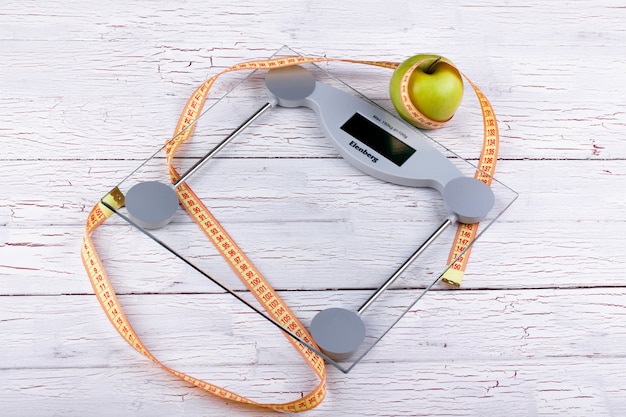
When it comes to losing weight, you might think it’s all about counting calories and eating less. However, Terry Fairclough, a top personal trainer and co-founder of Your Body Programme, has a different take. As a personal trainer, I’ve encountered numerous opinions about the best diet for weight loss. Should we be counting calories, going low-fat, cutting carbs, or focusing on high-protein diets? Should we try fasting or stick to eating small, regular meals throughout the day?
While a big calorie deficit can lead to weight loss, it doesn’t necessarily mean losing fat, which is what most people are aiming for. The Western diet is often larger than it needs to be, and a slight calorie deficit might be necessary if someone has been overeating. However, many people mistakenly believe that under-eating is the only way to lose weight, but that’s not true.
Our body breaks down carbohydrates into glucose, a sugar that fuels our cells. If we don’t immediately use glucose, our muscles and liver store it as glycogen. When you cut calories, you’re often losing stored carbohydrates and water, not fat. Prolonged calorie deficits can even make your body hold onto fat while breaking down protein instead.
Protein helps burn fat by fueling muscles at rest, so it’s important to consume enough calories with all three macronutrients: fats, carbs, and protein. Fat plays a crucial role as a long-lasting energy source, providing more energy than carbs or protein. Fat is stored in muscle fibers, making it easy to access during exercise. Cutting out fat from your diet can leave you without the energy to burn unwanted fat.
Restricting calories, macronutrients, and micronutrients can lead to nutrient deficiencies, affecting everything in the body, particularly your immune, liver, and digestive systems. Health issues from under-eating include fatigue, malnutrition, and other serious conditions. Extreme calorie deficits stress the body, triggering cortisol release, a hormone that can lead to short-term weight loss but long-term issues like weight gain, slowed metabolism, and thyroid problems.
Under-eating can also affect nutrient absorption, digestion, and overall health, impacting your training and results. Sleep can suffer too because low blood sugar prompts the release of adrenaline, disrupting sleep. Poor sleep can harm liver function, immunity, exercise, and productivity, and ironically lead to weight gain.
Some bodybuilders restrict calories to get lean for competitions, yet improper techniques can cause health issues. If you keep cutting calories, eventually there isn’t enough to cut, and your body will be in survival mode, storing anything extra you eat as fat.
Ultimately, it’s crucial to eat the right amount of calories, carbs, fats, and protein for your specific body type, goals, activity level, height, weight, and age. Your Body Programme was created to help people determine their specific calorie needs. It’s important to stay healthy and nourished while maintaining a good metabolism.
Increasing your calories strategically can actually help you lose fat. Ensure you’re eating plenty of lean proteins, healthy carbohydrates, and good fats. Embrace foods like lean beef, chicken, eggs, fish, pulses, legumes, tofu, and tempeh if you’re vegan. Include fruits, vegetables, sweet potatoes, quinoa, brown rice, and whole-wheat pasta, along with healthy fats like avocado, nuts, seeds, olives, and olive oil.
Terry Fairclough, a co-founder of Your Body Programme, personal trainer, and nutritional therapist, supports a balanced approach to dieting without extreme calorie restrictions. Enjoy your life and support your body optimally with a healthy, well-rounded diet.